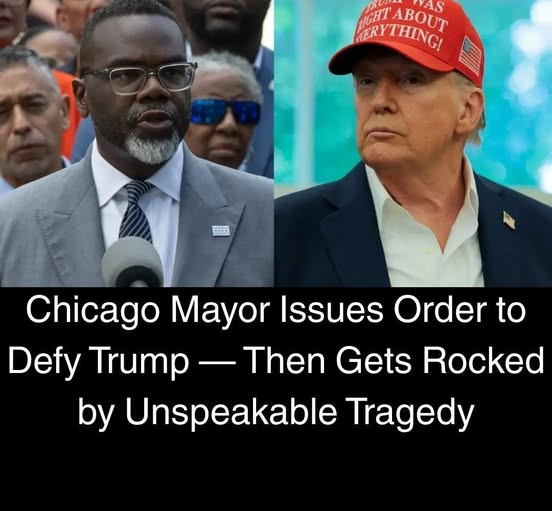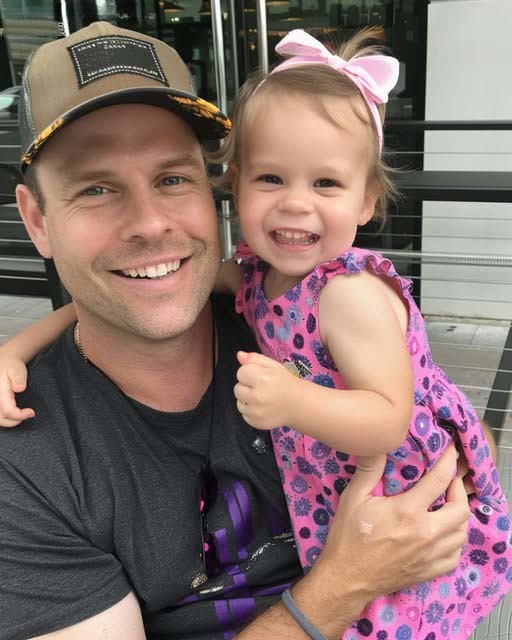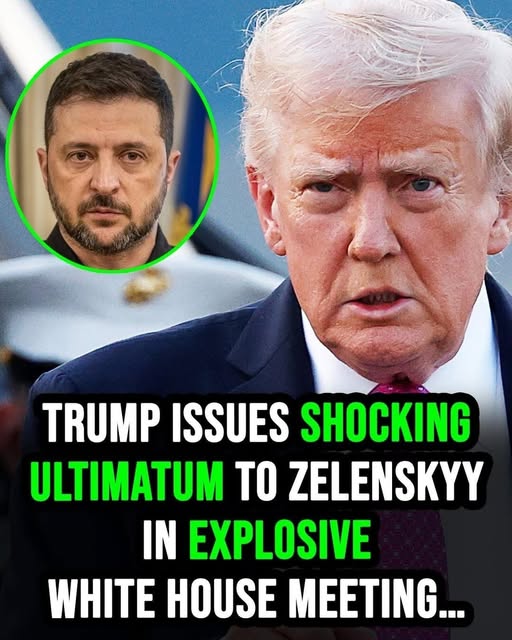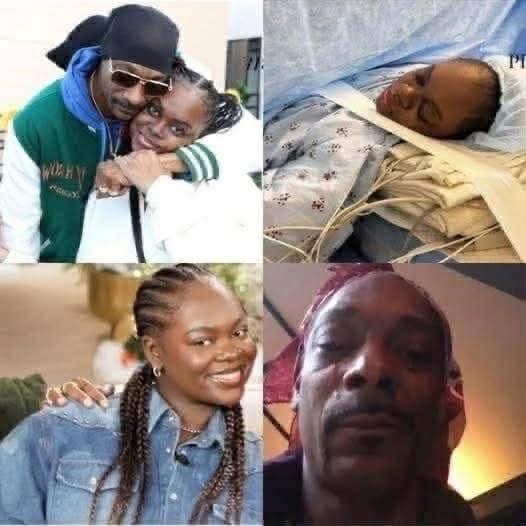54 Shot, 7 Killed in Chicago Over Labor Day Weekend as City Faces New Federal Tensions
CHICAGO — At least 54 people were shot, seven of them fatally, across Chicago during the Labor Day weekend, according to police. The victims include two women, three men, and two individuals whose identities had not been released as of Tuesday morning.
Police said most of the shootings appeared unrelated, underscoring the city’s ongoing struggle with gun violence that often spikes during summer and holiday weekends. Authorities confirmed that few arrests have been made, as investigations continue across multiple districts.
Mayor Johnson Blocks Federal Cooperation
In the aftermath of the weekend violence, Mayor Brandon Johnson signed an executive order barring Chicago police from cooperating with federal authorities. The move directly rejects former President Donald Trump’s renewed push to deploy federal agents or National Guard troops in cities with high crime rates, including Chicago and Baltimore.
Johnson said his order was designed to protect “local autonomy and community trust,” vowing to challenge any federal deployment in court. “Chicago’s safety strategy will be built with its residents, not imposed from Washington,” he said in a statement Monday.
Federal Response and Political Divide
The White House responded sharply, accusing Democratic leaders of politicizing crime instead of addressing it. “The federal government has a responsibility to intervene when local leadership fails to protect its citizens,” a spokesperson said. Trump himself vowed to “do it anyway,” referring to federal deployments, even without city consent.
The clash sets up another high-profile test of federal and local authority in handling public safety — one that echoes similar confrontations during past administrations.
Violence Persists Despite Reforms
According to city data, Chicago has recorded 272 homicides so far this year, a slight decrease compared with the same period last year but still among the highest in the nation. Police and community organizations continue to emphasize preventive strategies focused on youth programs, employment, and conflict mediation.
Public safety advocates warn that political fights over jurisdiction risk overshadowing the urgent need for coordinated solutions. “Every weekend like this represents families torn apart,” said one community leader from the South Side. “People don’t care who’s in charge — they just want the shooting to stop.”
As the investigation into the weekend shootings continues, Chicago remains caught between competing visions of security: one rooted in federal intervention, the other in local reform.




